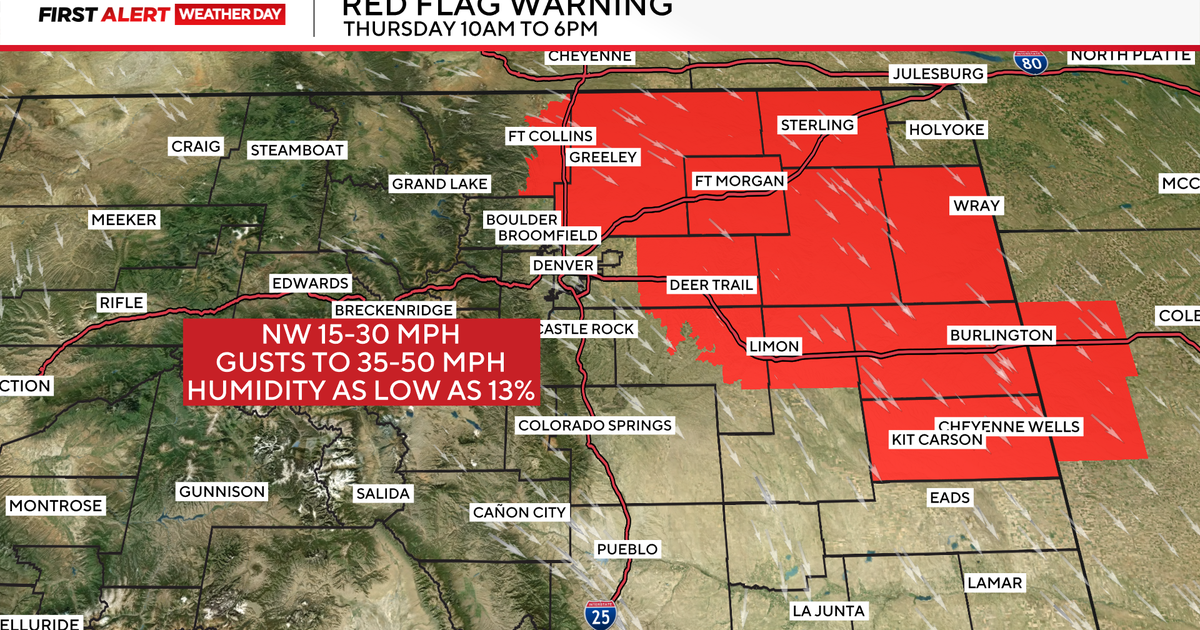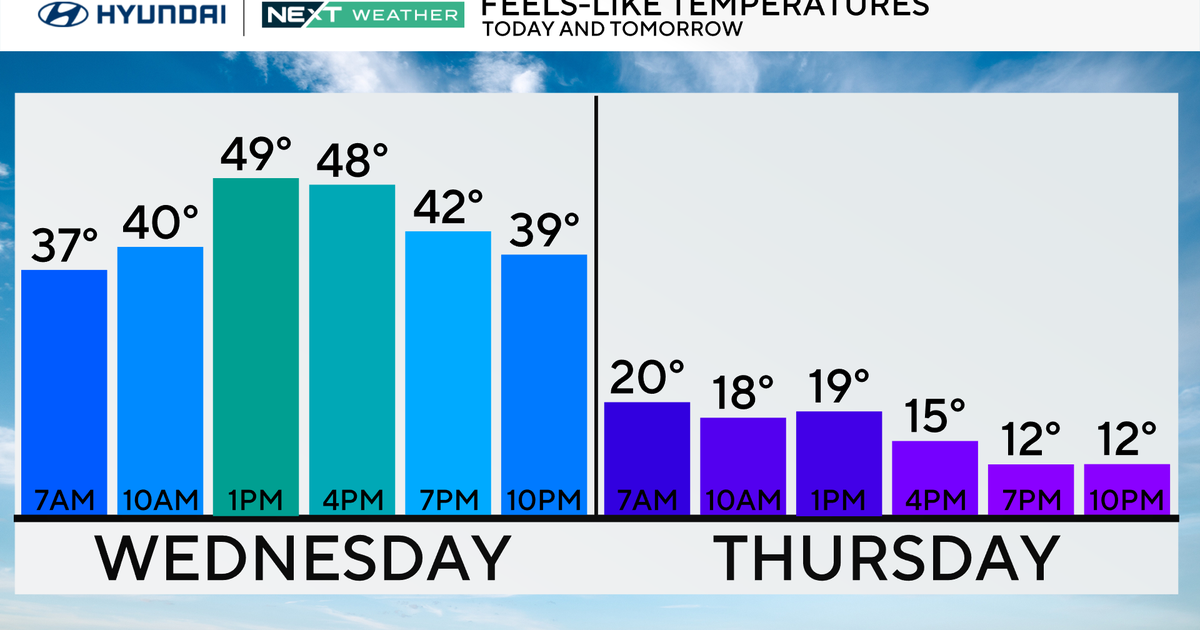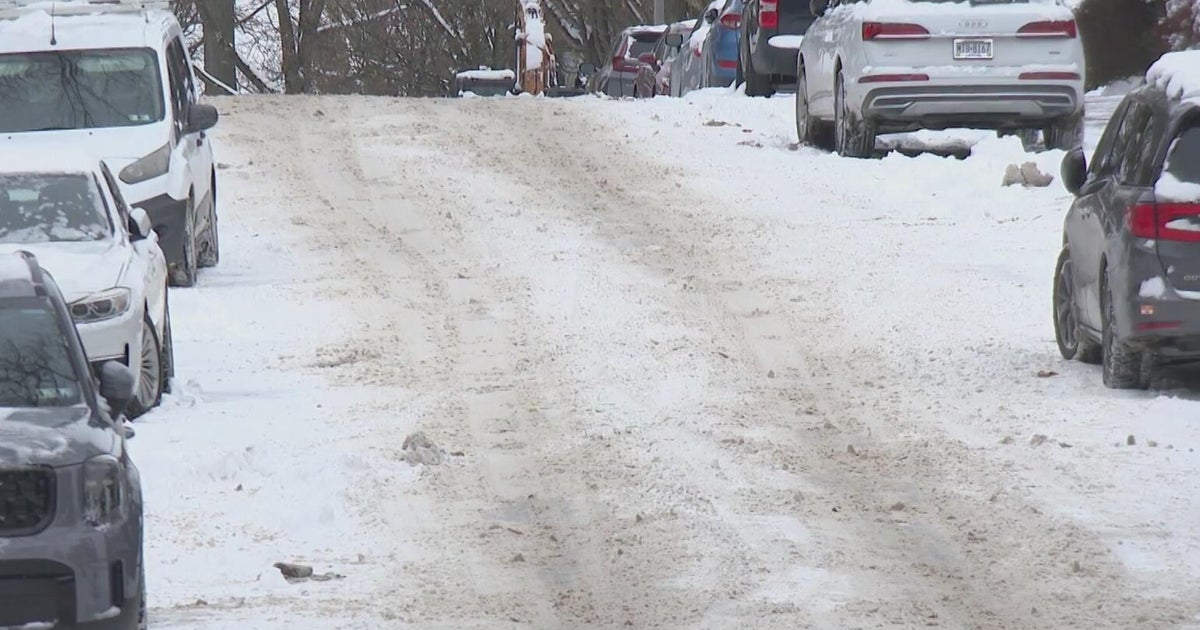Citrus Growers Fight Off Freezing Weather
SANTA ANA (AP) — Citrus grower Fred LoBue breathed a sigh of relief on Friday after two sleepless nights monitoring the icy temperatures in his family's Central Valley orange groves.
The 73-year-old farmer had managed to protect most of his 1,000 acres of citrus from a freeze that threatened crops throughout the state, but he could face a deeper chill next week.
"They're talking some seriously cold temperatures," said LoBue, who has been growing citrus for about half a century.
Growers across California have toiled this week to protect the state's prized $2 billion a year citrus industry and other key crops such as lettuce and avocados from the cold snap that engulfed the state, dropping temperatures to levels that can damage fruit and delay the harvest of greens.
Some damage is expected to the mandarin and navel orange crops in the Central Valley but the extent is still unknown. Any losses likely won't be known for several weeks, though the industry does not expect a dramatic impact on supply or price, according to California Citrus Mutual, an association of growers.
Citrus farmers are no strangers to cold and use irrigation and wind machines to propel warm air through the fields and raise the temperature by several degrees after nightfall. Farmers are on the lookout once temperatures drop to 28 degrees and anything in the low-20s is critical, said Bob Blakely, the association's director of industry relations.
Temperatures fell to near record lows early Thursday and Friday in Fresno at 28 degrees. A storm system was expected to increase those temperatures to around freezing early Saturday and could bring snowflakes to the valley floor, said Modesto Vasquez, a meteorologist at the National Weather Service.
Another surge of cold air will then drive temperatures lower again, he said.
Citrus farmers have spent $12.4 million since the cold snap began to try to warm up the fields, the growers' association said. Of key concern is the mandarin crop, because the tiny fruit is thinner-skinned than other oranges, making it more susceptible to cold.
Ben Yosako, an inspector for the Tulare County Agricultural Commissioner's office, said fruit samples have been collected and will be stored at room temperature, then cut open Monday to evaluate the damage.
"It's still too early to tell how much damage there is going to be," Yosako said.
Avocado growers in California are also bracing for icy temperatures that threaten to freeze the quarter-of-an-inch stems that dangle fruit from the tree, which could drop avocados to the ground.
Farmers are planning to increase irrigation and use wind machines if necessary on the state's 55,000 acres planted with avocados, but it's early in the growing season so any dropped fruit "would be a total loss at this point and time," said Tim Spann, research project manager at the California Avocado Commission.
Jack Vessey, who farms 10,000 acres of lettuce, spinach and other vegetables in Imperial County, said he's watering more, and later in the day to try to keep crops moist through the night. His main concern, he said, is that he can't harvest greens until they thaw out in the morning.
"We only have so much time in a day to cut things," he said. "I am more concerned with making my orders and trying to get the crops out of the field."
California is the country's biggest supplier of fresh-market oranges, and its 285,000 acre-citrus industry is second only to Florida, according to California Citrus Mutual.
LoBue, whose Lindsay-based company also runs a citrus-packing house, said a freeze usually occurs every seven years, forcing farmers to manage risk and save money during the good times.
The state's farmers are about eight weeks into the season but 85 percent of the navel orange harvest lies ahead, Blakely said. And while these cold spells threaten the crop, the mild days and chilly nights are also what make California's oranges so vibrant and tasty, he said.
"We need the cold air to color up the fruit and bring up the flavor," Blakely said. "It's our greatest blessing, but if it gets too cold, it can be a curse."
(© Copyright 2013 The Associated Press. All Rights Reserved. This material may not be published, broadcast, rewritten or redistributed.)







